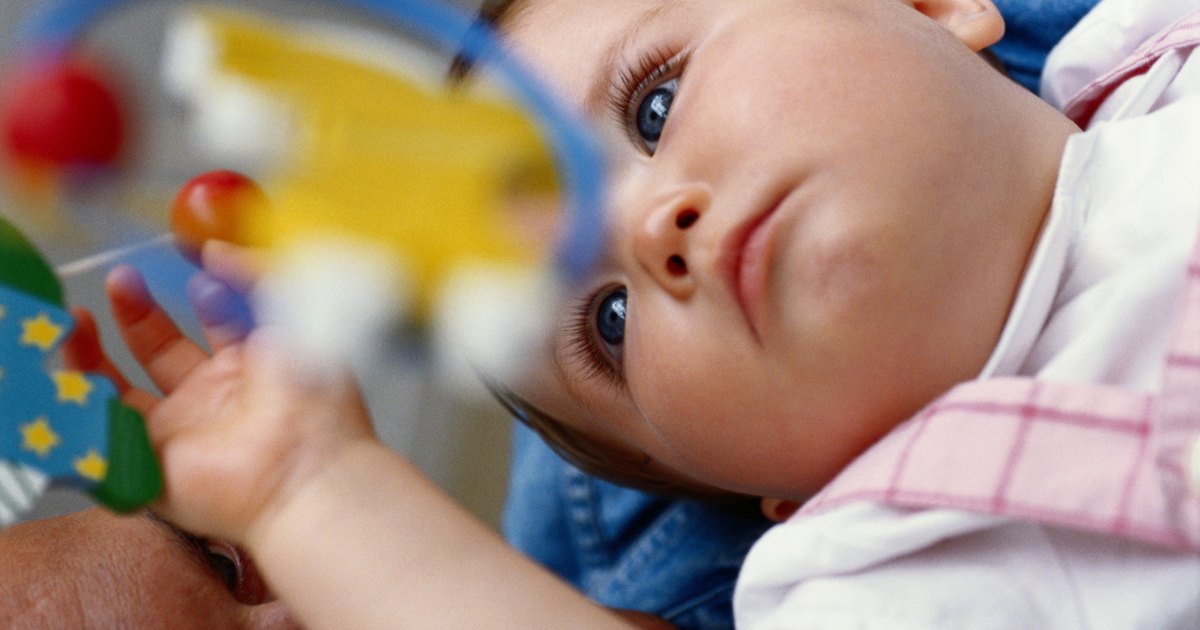 Source: bing.com
Source: bing.comTable of Contents
Introduction
As a new parent, you may be overwhelmed with the countless things you need to do to take care of your baby. Feeding, changing diapers, putting them to sleep, and everything else that comes with it can be a challenge. But what about your baby’s brain development? Have you ever thought about how your baby’s memory works and how it develops over time? In this article, we’ll explore the fascinating world of baby memory development and help you understand how your baby’s brain is working to form memories.
The First Few Months
During the first few months of life, your baby’s brain is developing rapidly. They are born with billions of neurons, but those neurons are not yet connected. As your baby begins to experience the world around them, those neurons will start to connect, and neural pathways will begin to form. At birth, your baby’s memory is limited to short-term memory. They can remember things for a few seconds before the memory fades. As they get older, their memory span will increase, and they’ll be able to remember things for longer periods.
How Memories Are Formed
Memories are formed when neurons in the brain communicate with each other through synapses. When your baby experiences something new, such as the sound of your voice or the feel of a soft blanket, neurons in their brain will communicate with each other through synapses. With repetition, these connections will become stronger, and memories will be formed.The more your baby experiences a particular thing or event, the stronger the neural connections associated with that memory become. For example, if you sing the same lullaby to your baby every night before bed, the neural connections associated with that memory will become stronger, and your baby will be able to remember the tune and lyrics.
The Role of Sleep
Sleep plays a critical role in memory consolidation, especially in infants. During sleep, the brain processes and consolidates new memories, making them more permanent. This is why it’s essential to establish a consistent sleep routine for your baby. A regular sleep schedule will help your baby’s brain consolidate memories, leading to better long-term memory retention.
Factors That Affect Memory Development
Several factors can affect your baby’s memory development. These include:- Nutrition: Proper nutrition is crucial for brain development. Nutrients such as omega-3 fatty acids, iron, and zinc are essential for brain function and memory development.- Environment: A stimulating environment is critical for brain development. Providing your baby with a safe and enriched environment can help promote neural connections and memory formation.- Stress: Chronic stress can have a negative impact on brain development, including memory development. It’s essential to create a calm and nurturing environment for your baby to promote healthy brain development.
Conclusion
Your baby’s memory development is a fascinating process that’s critical for their overall brain development. By understanding how memories are formed, the role of sleep in memory consolidation, and the factors that can affect memory development, you can help promote healthy brain development for your little one.Remember, every baby is unique, and their memory development will progress at their pace. By providing a nurturing environment and promoting healthy habits, you’re setting your baby up for success.
Frequently Asked Questions
Q: Can I help improve my baby’s memory development?
A: Yes! You can help promote healthy memory development for your baby by providing a safe and enriched environment, establishing a consistent sleep routine, and providing proper nutrition.
Q: When do babies start forming long-term memories?
A: Babies can start forming long-term memories as early as six months of age.
Q: How can I stimulate my baby’s brain development?
A: You can stimulate your baby’s brain development by providing a stimulating environment with plenty of opportunities for exploration and learning, reading to your baby, and playing with them.
Q: Can stress affect my baby’s memory development?
A: Yes, chronic stress can have a negative impact on brain development, including memory development. It’s essential to create a calm and nurturing environment for your baby.
Q: Should I be worried if my baby seems to have a poor memory?
A: Every baby is unique, and their memory development will progress at their pace. If you have concerns about your baby’s memory development, talk to your pediatrician.
